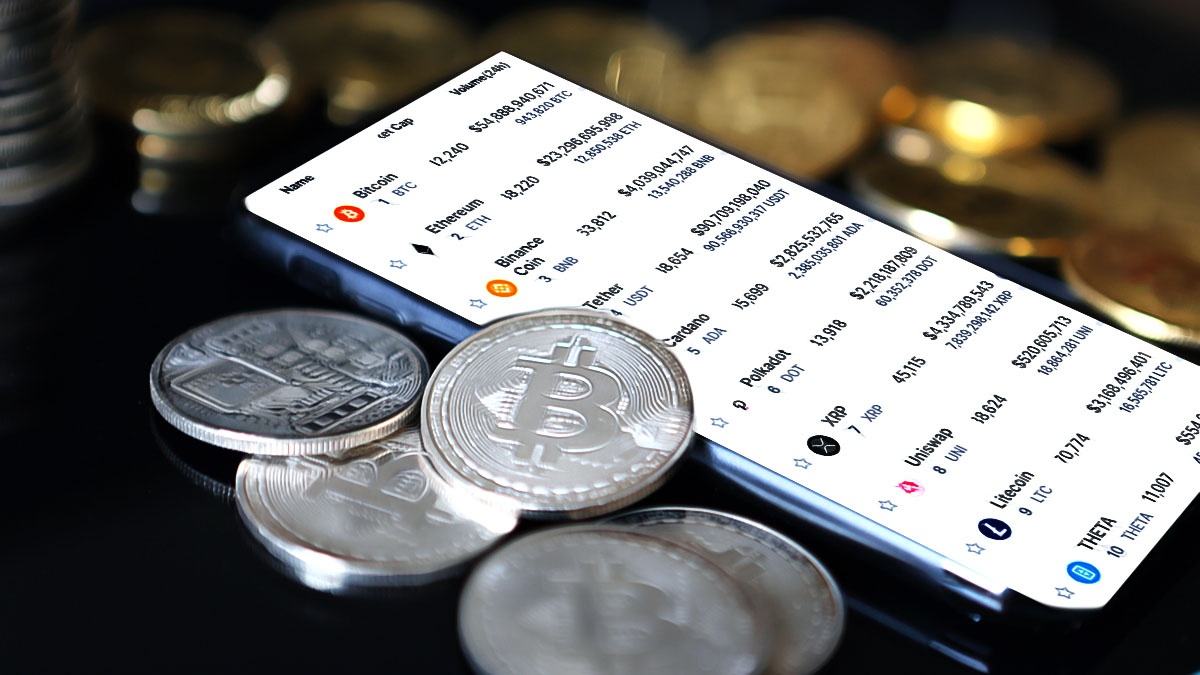An unexpected event jolted the cryptocurrency landscape, triggering a temporary but astonishing surge in Cardano’s (ADA) price. This anomaly, primarily fueled by low liquidity, culminated in an investor’s significant financial setback as ADA prices momentarily reached unprecedented levels.
What Led to the ADA Price Fluctuation?
The incident began when a large ADA holder, referred to as a whale, decided to convert 14.4 million ADA into USDA, a stablecoin connected to the dollar. The exchange faced liquidity challenges, escalating the exchange value to an abnormal $7 million, ultimately costing the investor millions.
Known on-chain analyst ZachXBT noted on Twitter how the investor ended up with only 847,000 USDA, due to the price anomaly. He underscored the significant $6.05 million loss, resulting from the sudden ADA price hike. The ADA coins in question had not been traded for almost five years before this unfortunate event.
How Can Liquidity Risks Be Managed?
This scenario emphasizes the perilous nature of low liquidity in decentralized exchanges (DEX), inadvertently causing dramatic price variations. Trading substantial ADA amounts can cause prices to inflate drastically, leading to selling assets at vastly diminished rates when liquidity dries up.
Centralized exchanges are generally insulated from such occurrences due to automated market maker (AMM) algorithms. These algorithms help in stabilizing prices according to the ADA/USDA ratio. However, the depletion of USDA reserves can skew pricing, leading investors to purchase increasingly higher-priced coins unknowingly.
Even in centralized platforms, attempting trades beyond available liquidity can lead to similar financial pitfalls. Selling ADA at reduced rates can quickly use up buyer liquidity, resulting in unfavorably priced sales, underscoring the mechanical risks posed by decentralized platforms.
• A large ADA transaction highlighted the vulnerability caused by low liquidity.
• The lack of market activity for five years resulted in a loss when ADA was traded for USDA.
• Automated systems in centralized exchanges could mitigate such risks compared to DEXs.
This unusual incident serves as a reminder to exercise caution when executing significant trades on decentralized exchanges, where market depth may not support sizable transactions, potentially leading to unexpected financial consequences.
Disclaimer: The information contained in this article does not constitute investment advice. Investors should be aware that cryptocurrencies carry high volatility and therefore risk, and should conduct their own research.

















 English (US)
English (US)